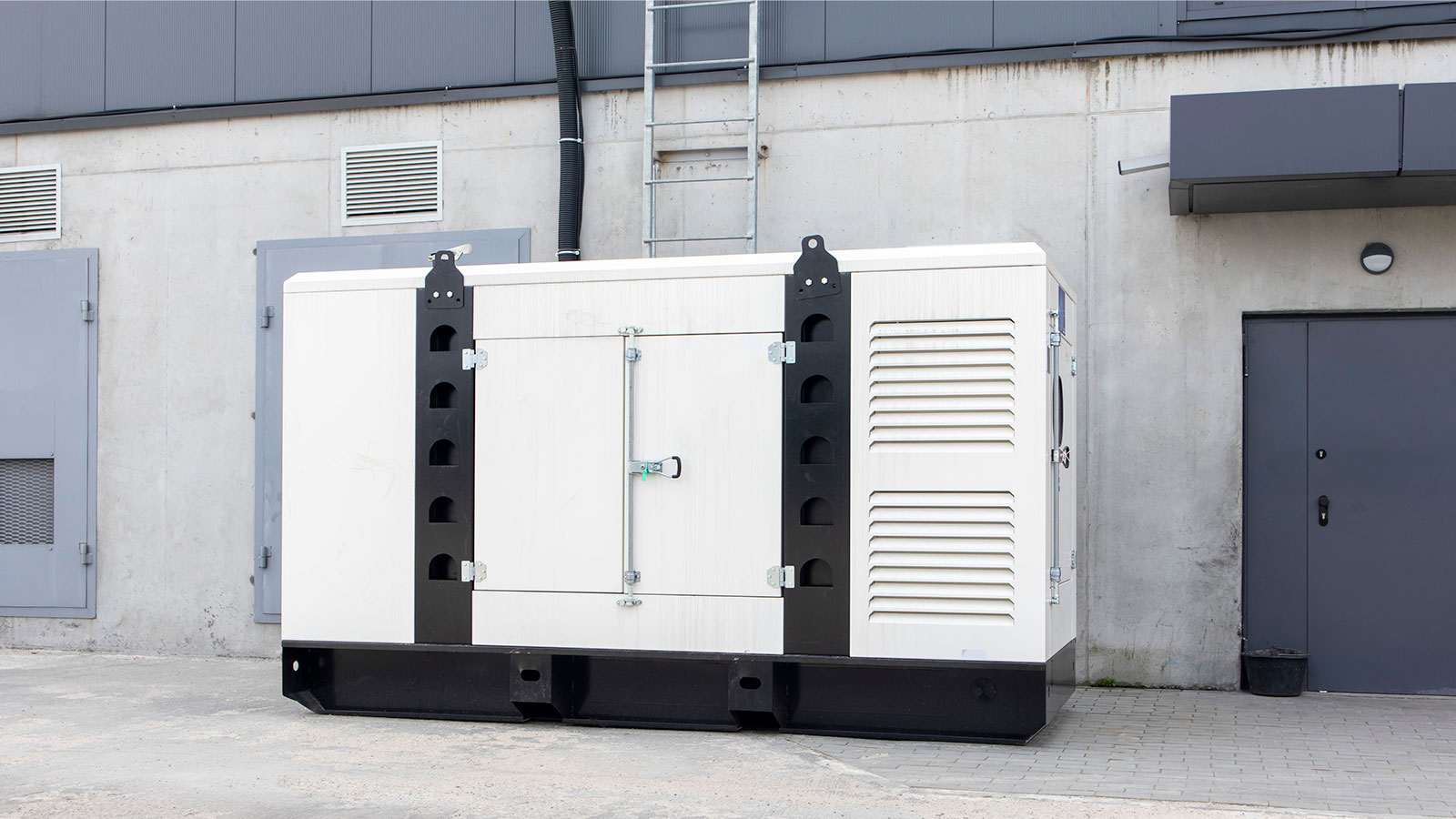Andrew Keith, Director of load bank manufacturer Power Prove, outlines some of the main risks that arise if generators aren’t regularly tested correctly.
For many facilities, reliability and resilience are safeguarded by diesel generators, which ensure continuous power supply when the grid falters. These dependable back-up power supplies have become indispensable for a wide array of applications, including critical infrastructure and hospitals. But there’s a silent threat that many overlook — the risk of not testing your diesel generator.
With extreme weather and supply concerns, last winter the NHS advised hospitals to prepare themselves for increased demand, which included preparing for power outages. The continued risk of heavy storms and volatile energy supply means that service providers across all industries should have a reliable standby power option available to remain operational.
Fortunately, back-up generators provide a vital solution during power failures. Equipped with an automatic transfer switch that identifies outages within seconds, these generators handle the electrical load to assure the power supply until grid power is restored.
However, as these back-up generators are not frequently used, their maintenance is often neglected. This can cause generators to fail, resulting in disruption to critical environments as they aren’t there to be used when needed. Recently, a Los Angeles hospital experienced an outage where its back-up generator also failed, resulting in patients being transferred to alternative providers by stairs when lifts and other equipment was unusable.
Irregular usage and unreliability
Although the exact reason for the LA hospital failure is unknown, there are several potential causes. One of the key reasons behind unreliable back-up generators is when they are frequently run on a low load or no load at all without being tested.
This particularly affects diesel generators, which are available in power configurations designed only for standby use. Although this makes them a popular choice for back-up power, it can also cause problems. Since diesel generators convert the mechanical energy into electrical energy, they are similar to internal combustion engines in that they require a certain load attached to operate effectively.
This issue can be tackled by routine load bank testing of diesel generators, where the engine, alternator and radiator are run to higher loads. However, as back-up systems are rarely used, testing them is often de-prioritised, reducing reliability and increasing maintenance costs.
A prevalent risk for diesel generators that are not tested regularly is carbon build-up. When generators are run at low or no load, they cannot produce sufficient temperatures to combust properly when required. Incomplete combustion results in carbon build-up, a black soot that collects on the generator’s internal components, reducing its working life and increasing pollution.
Additionally, these carbon deposits can damage the generator’s oil honing grooves which results in lubricating oil contamination. As this oil is used to reduce the friction between the generator’s mechanical components, this corrodes and decreases the lifespan of these parts.
Without regular load bank testing, where the generator is run for many hours, it is very difficult to remove these carbon deposits, resulting in decreased performance and reliability.
Regularity increases reliability
Regular testing limits these risks and ensures that the generator will perform as expected when required. A common misconception is that turning a generator on with little to no load is an effective way of testing its performance. However, not only does low loading fail to comply with maintenance standards, but it also often leads to generator ‘wet stacking’. This refers to a condition where unburnt fuel collects in the diesel engine exhaust system, reducing the generator’s integrity and lifespan.
In critical environments, be it a hospital, manufacturing plant, or any facility where electricity supply is essential, power failures can have grave consequences. Not regularly using a back-up generator does not mean its maintenance should be neglected. Assuring the power supply through regular back-up diesel generator testing with a load bank ensures critical infrastructure remains functional even during outages.


